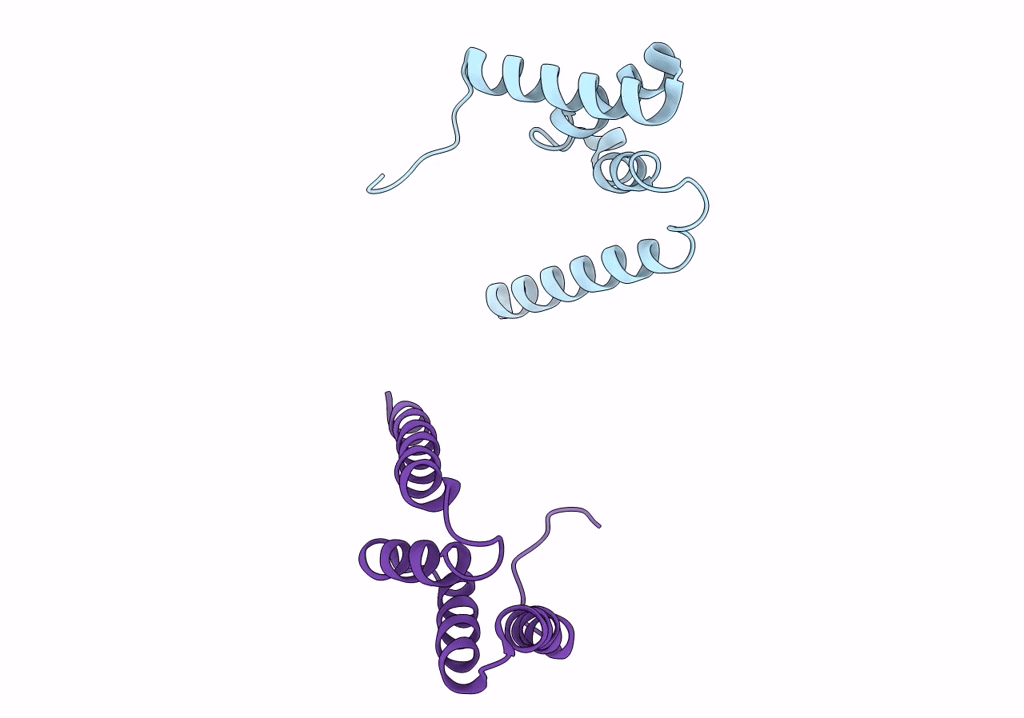
Deposition Date
2021-09-02
Release Date
2022-09-07
Last Version Date
2025-07-02
Entry Detail
Biological Source:
Source Organism(s):
Homo sapiens (Taxon ID: 9606)
Expression System(s):
Method Details:
Experimental Method:
Resolution:
13.00 Å
Aggregation State:
PARTICLE
Reconstruction Method:
SINGLE PARTICLE


